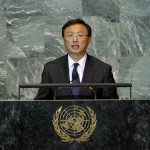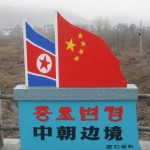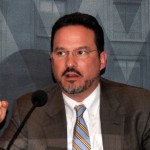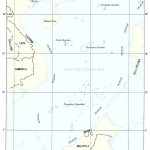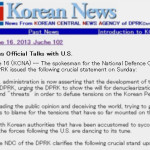
James Goodby writes that if the Administration’s “pivot to Asia” is meant to signal a new era of American activism in the Asia-Pacific region, the president should describe to his partners in Asia how he sees the elements of a comprehensive security settlement coming together. A beginning can be made by defining the categories of security issues that need to be addressed, and by which states. The three main categories are:
(1) issues left over from the 1950-53 Korean War and the elements of a North-South peace regime (most of which have solutions that have been formally agreed upon in past statements issued by the North and South Korean Governments and many have been at least implicitly endorsed this year by Kim Jong-un)
(2) issues related to North Korea’s nuclear weapons program (and President Obama’s call for “a world without nuclear weapons” could be a device for placing a de facto nuclear weapons-free zone on the agenda to address this), and
(3) issues related to regional inter-state relations in Northeast Asia (one approach to solving these would be to organize something like an Organization for Security and Cooperation in Europe (OSCE) for Northeast Asia).
James Goodby is a Nonresident Senior Fellow at the Center for Northeast Asia Policy Studies, The Brookings Institution. Ambassador Goodby’s analysis does not necessarily reflect the opinions of the institutions with which he is affiliated.


